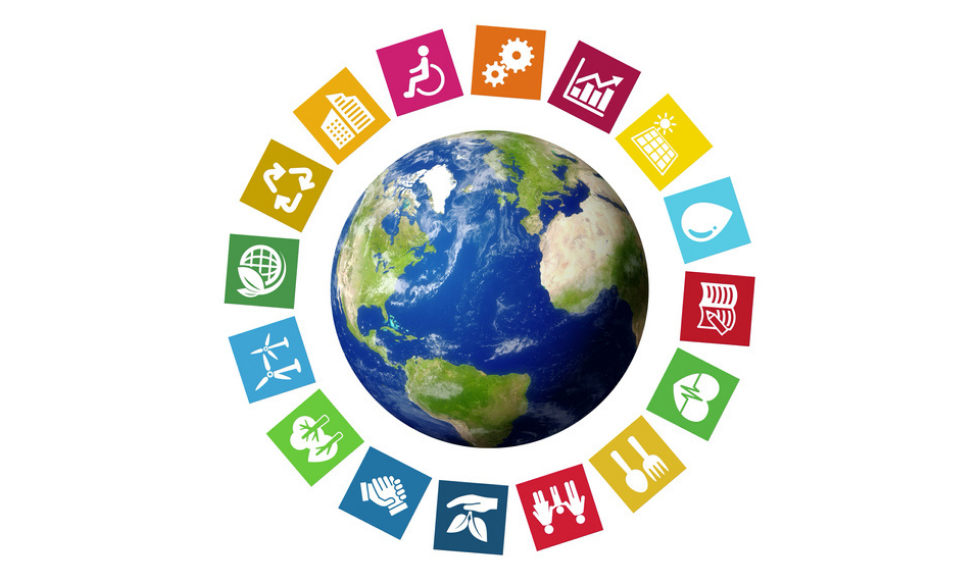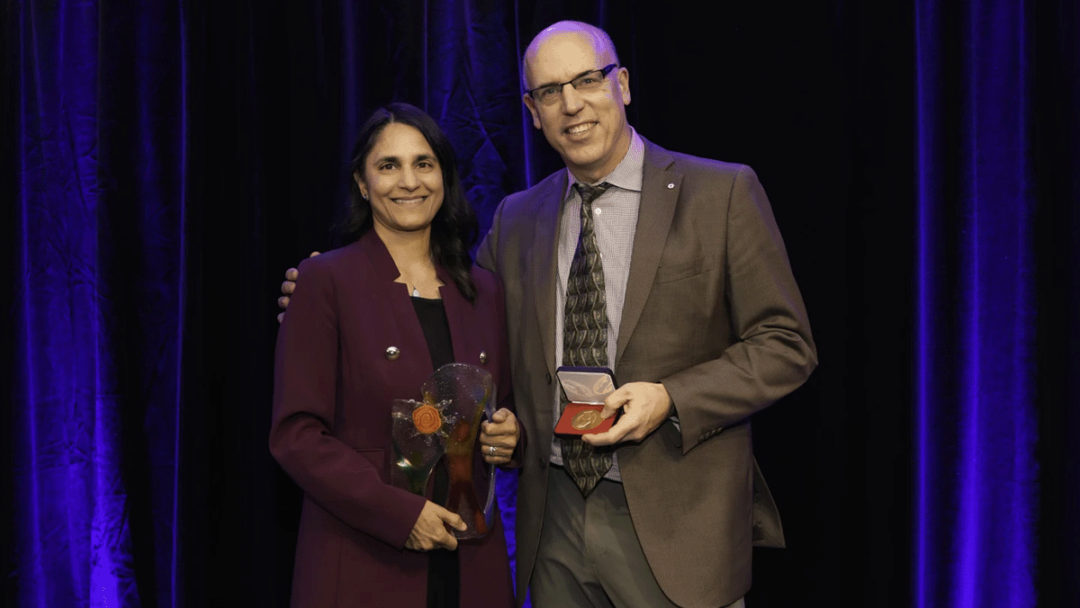Global Health students learn real-world competencies while developing an evidence-based collection related to earthquakes

In the midst of environmental disasters and emergencies such as the recent earthquakes in Türkiye and Syria, guidance and information on humanitarian action can save lives and livelihoods.
Organizations such as Evidence Aid provide decision-makers with the best available evidence which ensures humanitarian actors have access to information they require to design and deliver interventions. In June 2021, graduate students Natalie Palumbo, Dea Sulaj, and Div Patel, had the opportunity to join Evidence Aid to complete their 10-week work-integrated learning practicum. They conducted a systematic review on the health effects of earthquakes (e.g. mental health, injuries, diseases, etc.) and developed an evidence-based collection for Evidence Aid’s website.
The earthquake evidence collection was launched in June 2021 and contains plain-language summaries of high-quality research related to earthquakes.
The collection provides relevant information for decision-makers working in the Humanitarian and Health Emergency and Disaster Risk Management (Health EDRM) sectors who need information in order to best respond to or plan an earthquake response.
Working alongside Evidence Aid, the practicum provided the students with a real-world opportunity to design interventions and strategies to assist those affected or at risk. It allowed them to develop cross-cutting skills to work in a globalized world, while contributing in a meaningful way.
Read more about the MSc in Global Health 10-week work-integrated learning practicum with Evidence Aid here.
Learn more about their experience, check out this Meet the Team video.
Global Health NewsRelated News
News Listing

Faculty of Health Sciences News ➚
Sonia Anand recognized with HRF Diversity & Equity in Research Award
Global Health News
5 hours ago

Health and Humanitarian Implications of War, Crises, and Conflict
Global Health News
November 11, 2024

